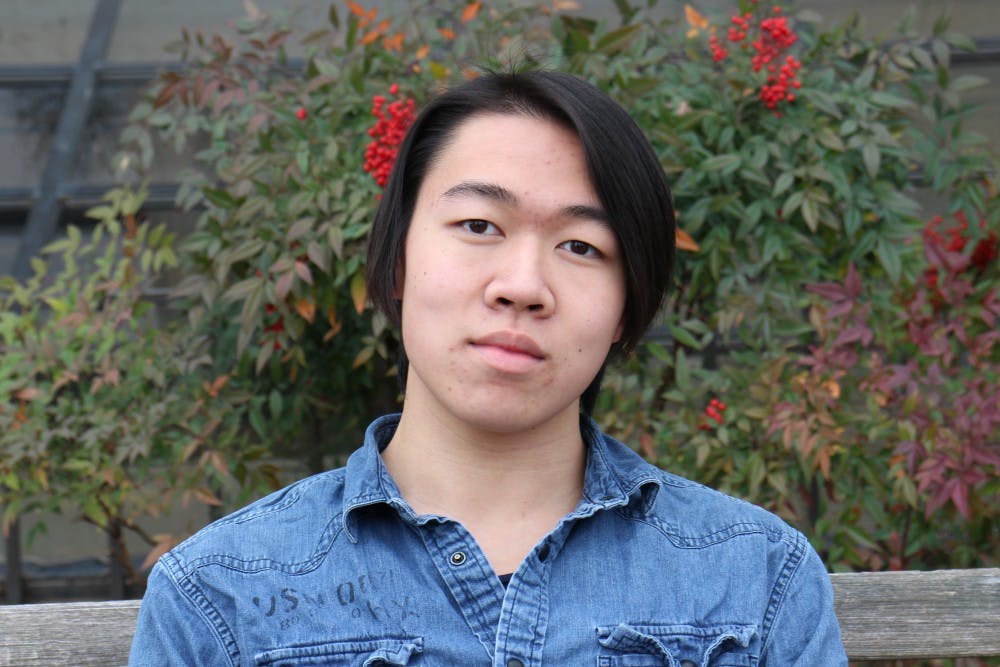What’s a guy gotta do to be viewed as a sexual object around here? Seems like the answer is: not be Asian.
Everyone, whether they choose to acknowledge it or not, can recognize that masculinity is an incredibly fragile notion. And even if certain aspects of society are fighting to break away from binaries of femininity and masculinity, many individuals still allow these ideas to negatively influence their everyday interactions.
Asian American males have historically suffered emasculation at the hands of both the government and other majority groups. In general, discrimination, by way of legislation, has discouraged and stigmatized interracial relations within the U.S. on numerous occasions.
Even today, the intersectional dialogue on masculinity is very heavily influenced by the relationships of culture and race. All things considered, it’s an uphill battle because, on one hand, groups are challenging notions of masculinity and femininity, and, on the other, groups are trapped with limited access to either.
For example, individuals that identify as genderqueer have historically had to address the binary of masculinity and femininity, very often lacking the necessary cultural language to more accurately describe their experience. Alternatively, Asian American males have been desexualized and rendered as effeminate, denying access to masculine images regardless of personal identifications.
It’s been my experience, and that of numerous others, that Asian males are considered significantly less desirable than their female counterparts. Asian males have been cast in society as nerdy and effeminate foreigners while Asian women are seen as “exotic” and hypersexual. The media has long perpetuated these stereotypes.
Thankfully, Asian Americans have seen greater visibility with more diverse roles in media. As far as masculinity goes, have you seen Steven Yeun in AMC’s “The Walking Dead”? Better yet, there was the Indiegogo funded short film, “It’s Asian Men!”, which directly addressed the stigma around Asian American men in “Magic Mike” fashion.
Media trends seem to suggest a gradual dispelling of the stigma around Asian American men, but the jury on masculinity at large still seems to be out. In other words, my outlook leans positive - in spite of some comments by certain public figures.
The issue I’m calling attention to here is part of a bigger one. Historically, we have constructed perceptions of men, women and genders outside of the binary, based on ethnicities, heritages and even class. We’ve assigned roles and have mental images of what people that belong to certain groups should look like and do. But why assign these roles and form these images on people that are not ourselves? We exist in a multicultural society, which does not require us to shed our differences but rather to embrace them. And just for the record, you can be seen as sexy and attractive no matter where and what you come from.
Tyler Lin is a sophomore in the College of Arts and Sciences and a columnist for The Eagle.





